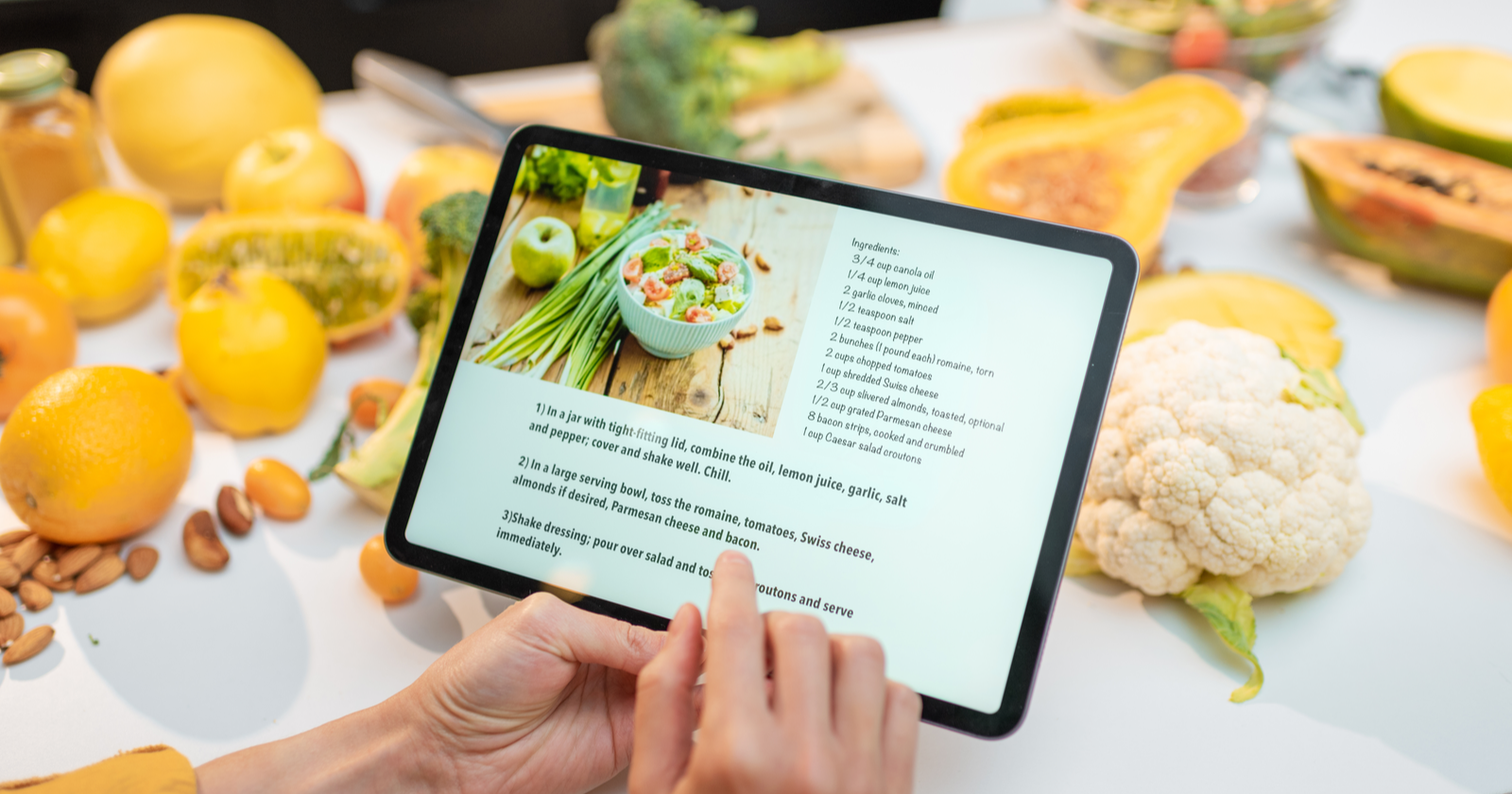Google hears the complaints about recipe pages getting too long, and suggests more concise pages might be better for users.
This is stated by Google’s Search Advocate John Mueller during the Google Search Central SEO office-hours hangout recorded on March 4.
During the show Mueller gets a question from a food blogger asking about the SEO implications of writing multiple pieces of content about the same recipe.
Their idea is to have a page with just the recipe, and have supporting information about that recipe on separate pages.
They ask Mueller if this is a good strategy in comparison to having all the information about one recipe on a single page
Separating Long Recipe Pages Into Multiple Articles
Mueller believes creating one page to focus on a recipe, and separating supporting content out to other pages, would be a great structure for users.
That’s based on feedback Mueller hears from people saying there’s too much extra content on recipe pages before getting to the actual recipe.
Mueller says it would be fine, from Google’s point of view, to spread the content across multiple pages:
“From Google’s point of view, this is definitely not problematic. It’s something where, especially with recipe content, I get a lot of complaints from people that felt like these are long recipes, and ‘I don’t have time to look at the life story, and go through all of these other items on this page – I really just want the recipe.’
So if you can separate that out and focus on the recipe itself, and maybe separate out some of the questions around that recipe, from a user point of view that sounds like a great thing.”
Mueller notes the challenge of this approach is balancing the strength of the individual pages.
The more articles published about the same recipe, the more diluted the keyword will become.
One way to strengthen the signals of one page over others is to only link to the supporting content from the main recipe.
Then Google will get a clear signal about which page is the most important.
“It is something where I think the balance might be tricky with regards to how strong you make these individual pages. In particular, if you’re kind of splitting things up on your website, maybe with regards to internal linking as well, that suddenly every recipe ends up being two pages, then of course we have to index two pages per recipe.
And we have to give value to two pages per recipe, which means you’re potentially diluting things a little bit. On the other hand, if you set it up in a way that maybe these FAQ pages are only linked from the recipe, and the primary content on your website is the recipe itself, then I would expect we’d be able to focus on the recipe.
And if someone searches for something that’s within the FAQ part of that recipe then we would be able to show the FAQ page in the search results.”
A Note On Overusing FAQ Markup
On the subject of FAQ markup, Mueller notes Google is aware some sites overuse it in order to take up more room in search results.
Now, Google is trying to reduce the amount of FAQ rich results shown in SERPs:
“From a structured data point of view, from a rich results point of view, people sometimes like to put FAQ markup on all pages because it adds extra room in the search results.
I think that’s almost like on the way out, from our point of view, in that we’ve seen that people do this and we do try to reduce the amount of FAQ entries that we show in the search results, just because it’s not that useful for users where every result has this set of FAQs on it.”
Mueller brings that up to make the point that separating FAQ content from a recipe makes sense for search:
“So moving that out to a separate page from my point of view makes sense there. In that you’re not over-burdening the recipe result with all of this extra structured data. You’re really like ‘if people want more information, we have that information. If people want to just focus on the recipe, we have that information as well.”
Hear Mueller’s full response in the video below:
Featured Image: RossHelen/Shutterstock





![AI Overviews: We Reverse-Engineered Them So You Don't Have To [+ What You Need To Do Next]](https://www.searchenginejournal.com/wp-content/uploads/2025/04/sidebar1x-455.png)